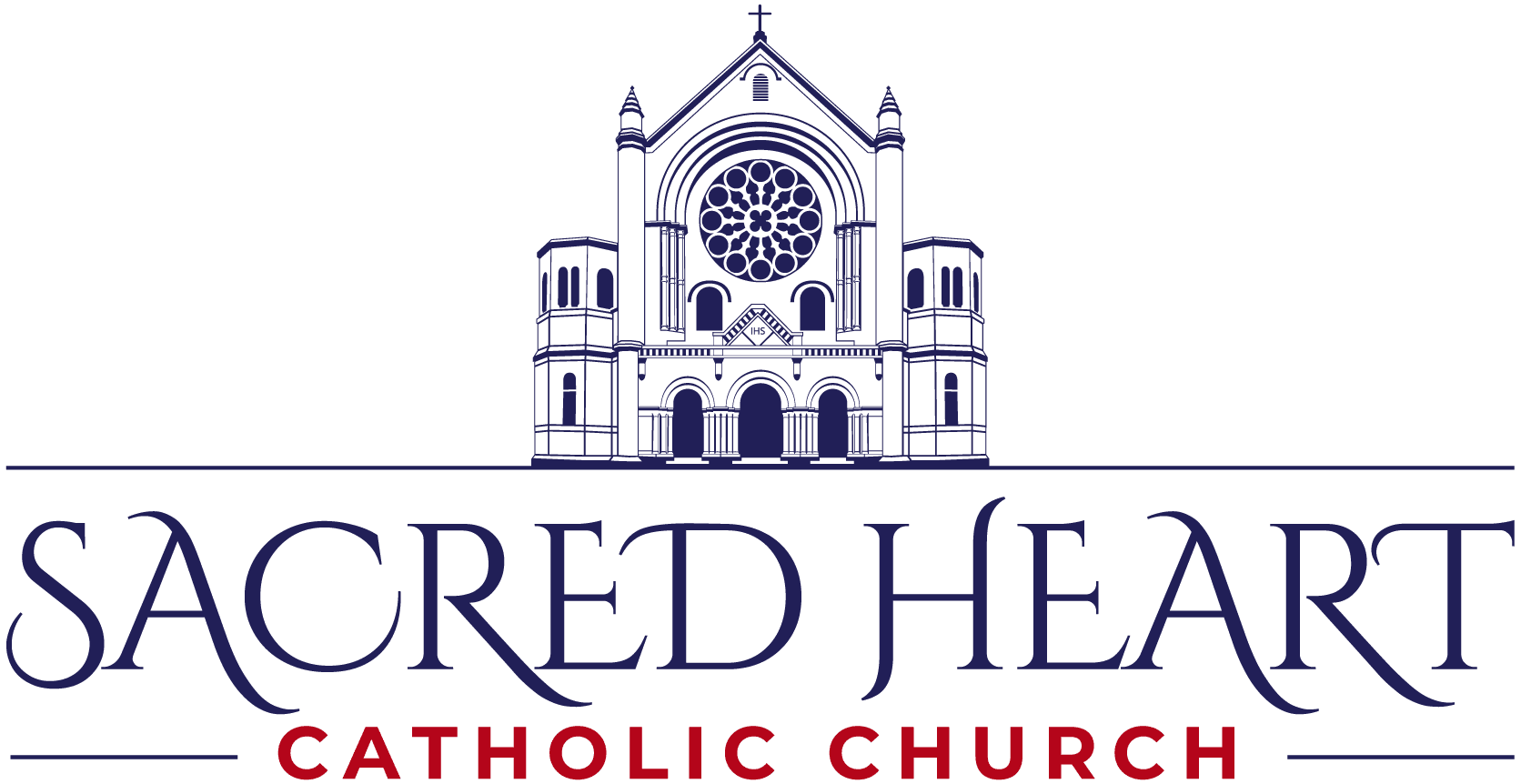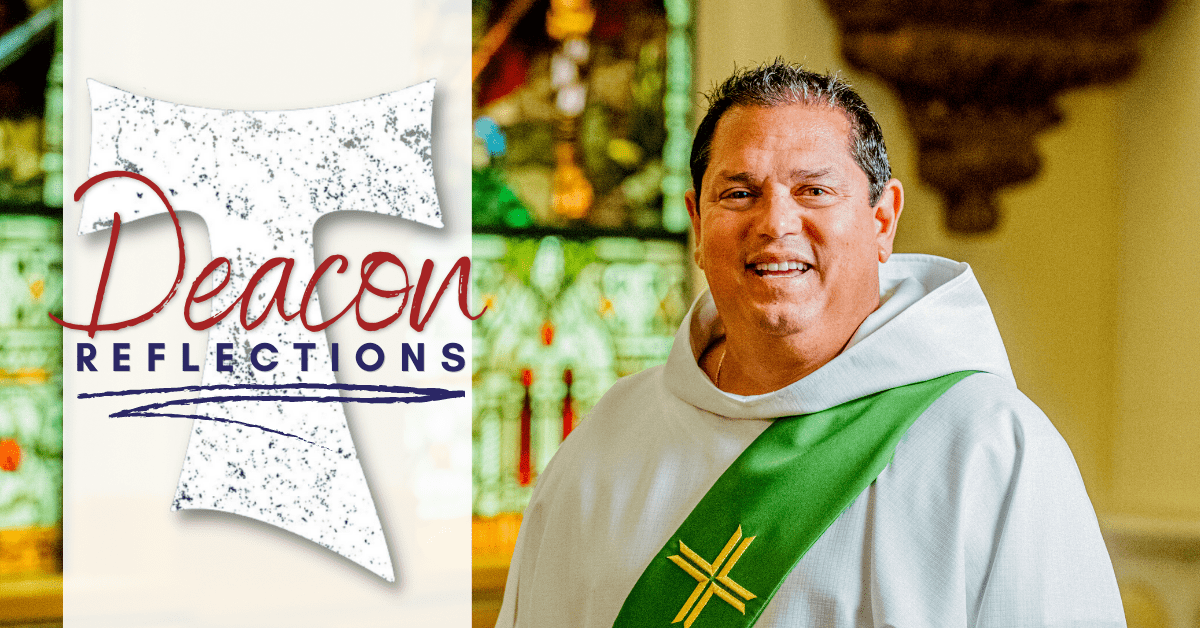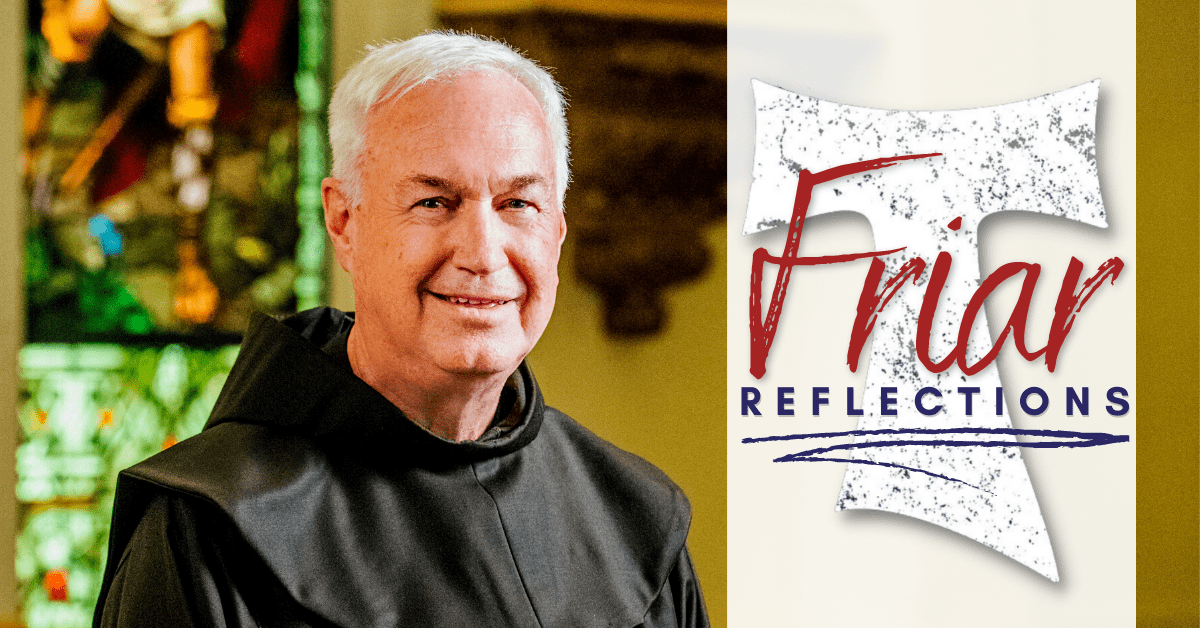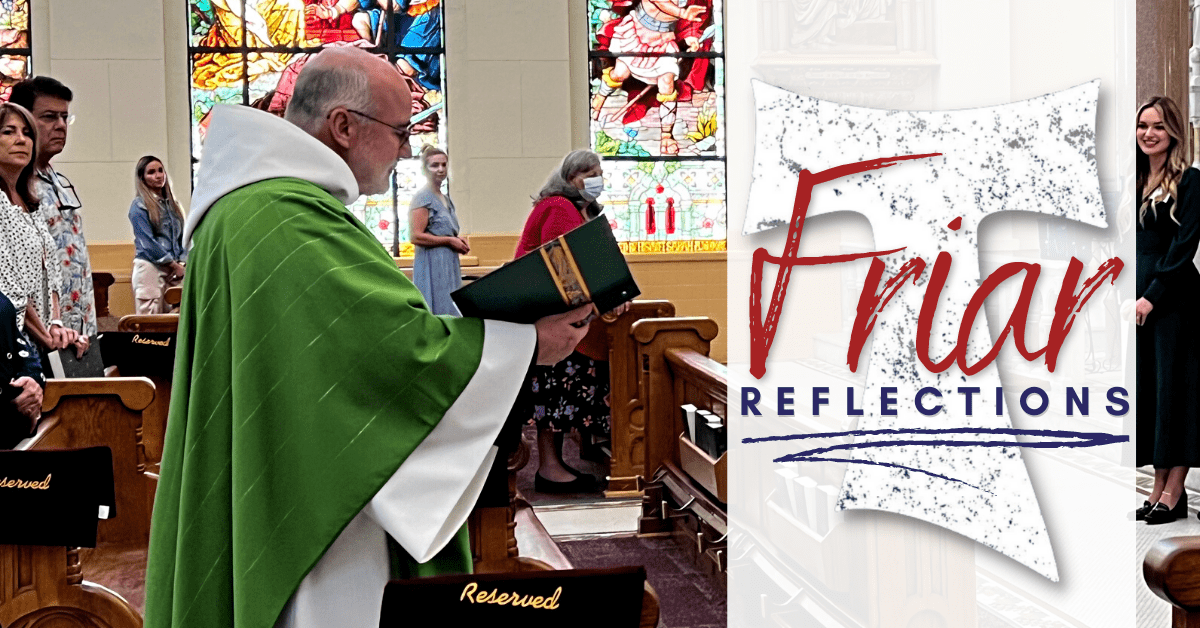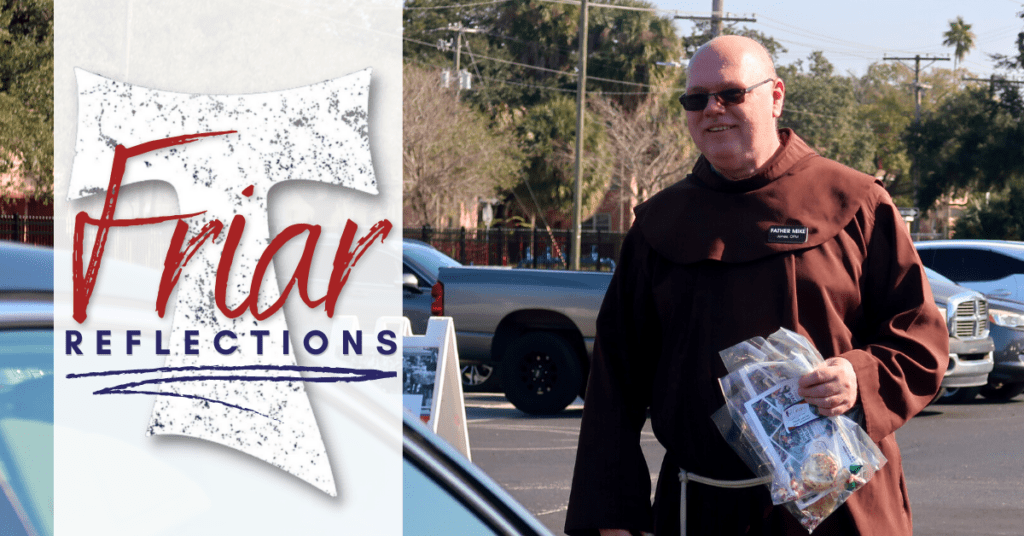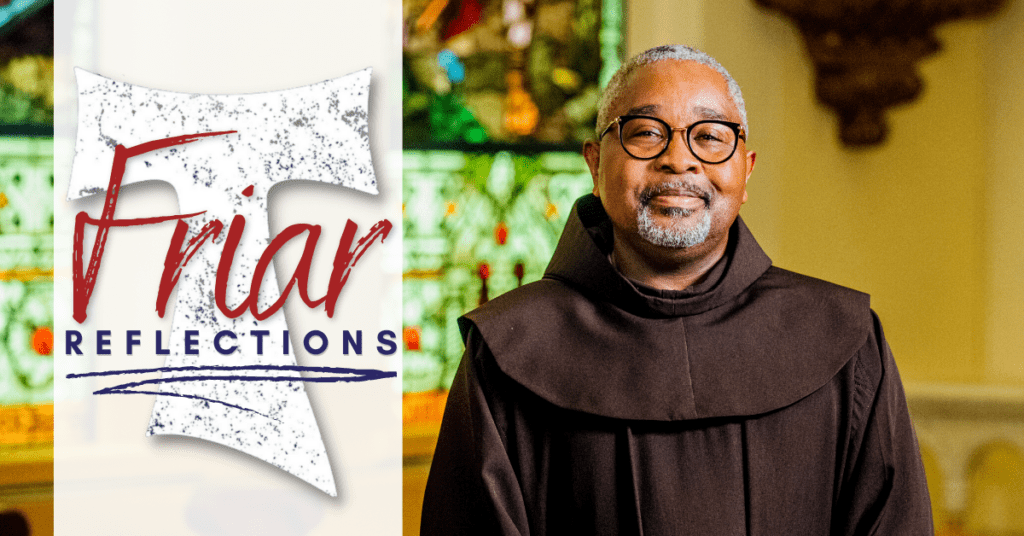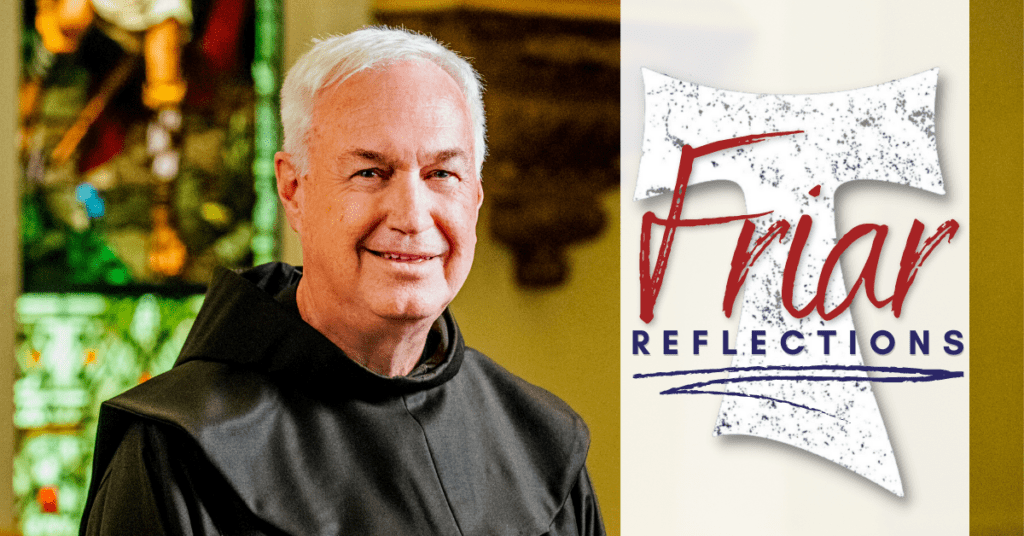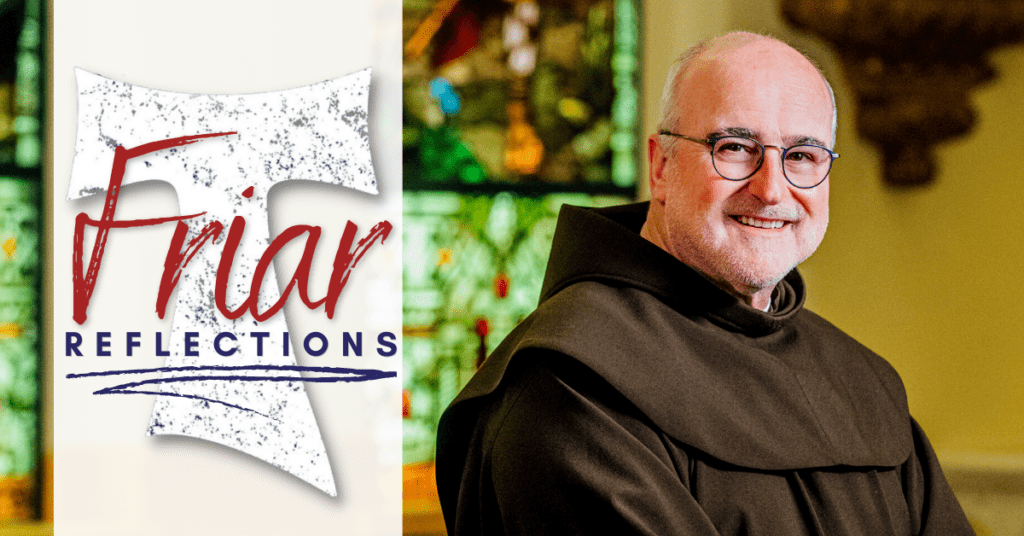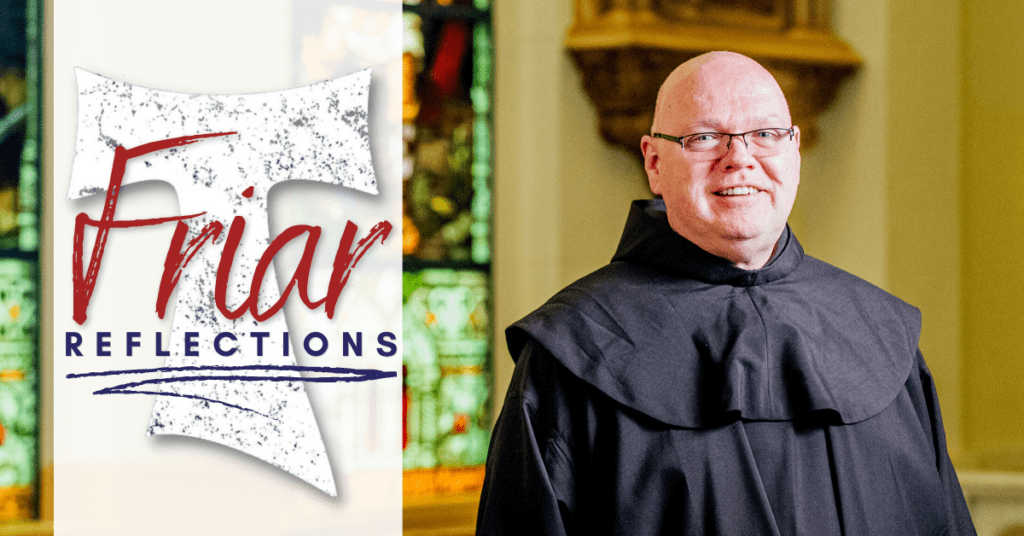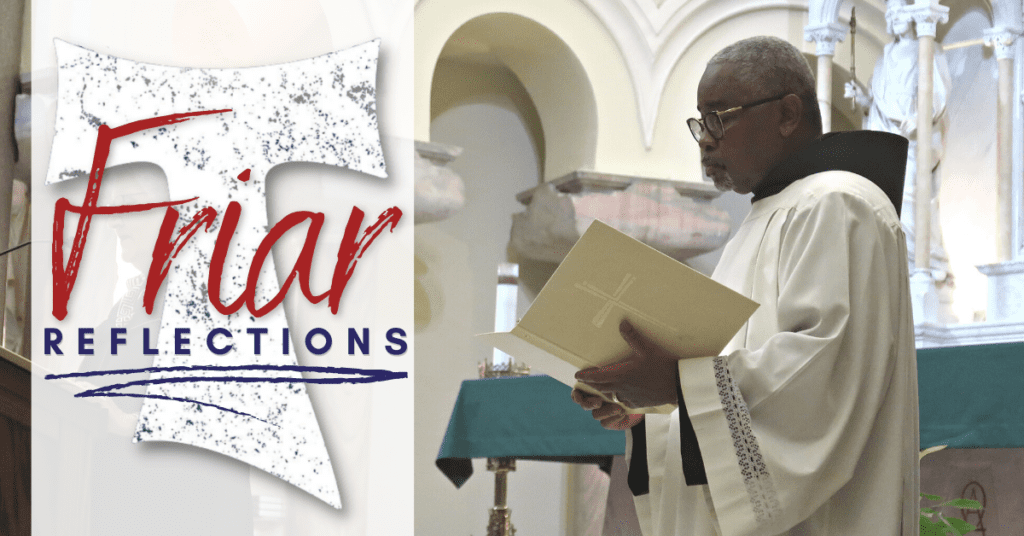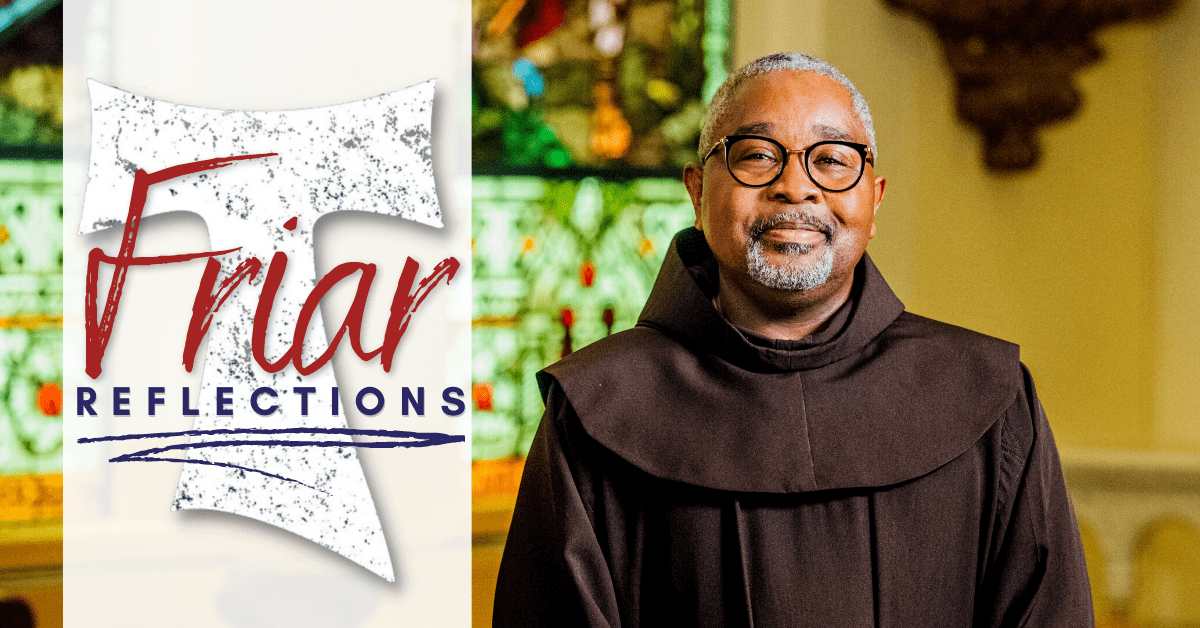
Dear Parishioners,
I do not know if the daytime TV soaps “Days of Our Lives” and “As the World Turns” are still in syndication or producing new episodes, but in terms of titles, I feel as if they were precursors for the current way we see folks communicate and have discourse with one another. As our world turns, we see more and more that any form of communication we have is centered on what we think is important to us alone and no one else.
There are always exceptions to the rule. I am not suggesting this is the way we all interact with our neighbors, even those of whom we disagree with, but I do see this trend creeping into many of our communication channels, and it makes me wonder where the compassion, love and dialogue has gone within our homes, friends, family, not to mention within our own church.
In 2013, while addressing the founder of an Italian publication that often dissented against him, and with the heading, “Letter to the Non-Believers”, Pope Francis wrote, “I would not speak about “absolute” truths, even for believers, in the sense that absolute is that which is disconnected and bereft of all relationship. Truth, according to the Christian faith, is the love of God for us in Jesus Christ. Therefore, truth is a relationship.” The Pope went on to say, “it comes to us always and only as a way and a life.”
How can we come into truth without respect and assistance from one another? It’s easy to cheer along with your favorite team, to rally with a particular party, or to read posts shared by others who hold our same views. It’s easier to speak to those with similar backgrounds than those with which we have nothing in common. It has always been harder to love our enemy. When we write others off as irredeemable, we are missing something—kindness, compassion, and dialogue. We hear many times in scripture how those who were different were treated unfairly and looked down upon. It is Jesus who takes the time to speak and care for them. Why is He doing this, listening to them, and accepting them where their circumstances have brought them at that moment and time?
I feel as though dialogue was once very much welcomed and appreciated. It is a way of stretching one’s ability to see things in a different light. You may remember when there were debate teams in schools. It was very exciting to hear and listen to what was being debated on stage. It brought a sense of openness to the competitors, but it also gave some enlightenment and knowledge to the audience. These used to be the “Days of Our Lives” as the world turned. Dialogue, the common practice within our society, has now shifted to monologue. How are we expected to grow spiritually and mentally if we allow ourselves to be cut off from discourse?
In recent weeks, we’ve seen another uptick in tragic events that usually spark debate. People going out to relax with friends or family and have a good time, and not coming home. Bring back the days of our lives where kids can be kids, and adults can be respectful of each other in dialogue and work together to solve these crisis. I thought we’d always have that opportunity. This week, I hope we all take a small step towards the vision of speaking and listening in love. It is my prayer that we meet each other with respect and use dialogue in a spirit of compassion.
Open our hearts. Lord, and help us to find Christ in one another by dialoging in a spirit of openness.
May the Lord give you Peace,
Friar Henry
